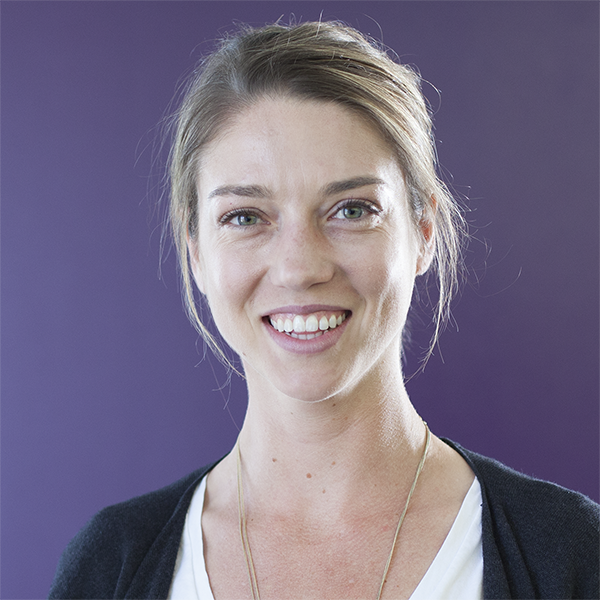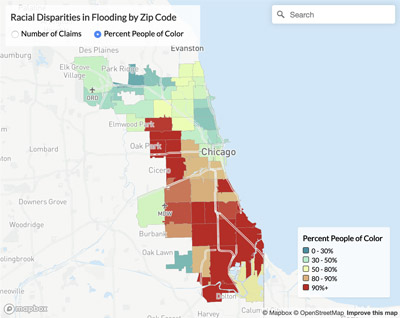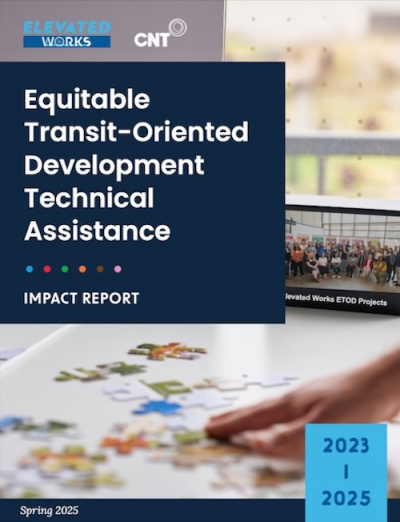
“The numbers don’t lie.” We’ve probably all heard this cliché, used to claim an incontestable truth about a situation. We’ve probably even used it ourselves on occasion. But of course, numbers do lie. All the time.
What questions are being asked (and just as importantly, not being asked) and who is doing the asking frame an issue through a particular subjective lens. Which dataset is used, how the data were collected and who is represented in the data offer us a limited glimpse into the true picture of what is going on. And how the results of an analysis are interpreted and communicated define a narrative that’s based on the perspective of who’s doing the talking.
This is not to discount the value of data. While data and research can and have been used to manipulate, oppress, and exploit, they also can be incredibly important tools to shine a light on injustices, hold institutions accountable, celebrate community strength, and advocate for change.
Over the last 15 years, my work has focused on using data to fight for equitable access to structural determinants of health like housing, transportation, and clean air. I believe it’s my responsibility as a data analyst to be critical of research’s racist origin story, to work in service of those telling their community’s stories and to expand our definition of “data” to include stories, photos, and art. Above all, I strive to approach this work with humility, integrity, and joy.
On any given day, you’ll find me riding my bike, planting and pruning trees through the OpenLands TreeKeepers program, or advocating for universal health care and paid parental leave. I grew up in Canada and hold a Master of Public Health degree from the University of British Columbia. I now live in the Albany Park neighborhood of Chicago with my partner and 3-year-old son.
It's an honor to join CNT’s Urban Analytics team where we have the opportunity to use data to affect deep structural change. I’m excited to get to work.





 Strengthening Transit Through Community Partnerships
Strengthening Transit Through Community Partnerships